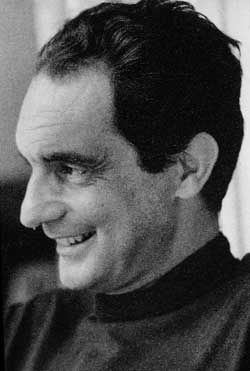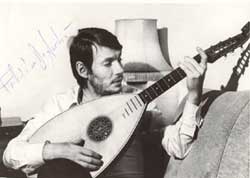Literary culture in Liguria
In the Republic of Genoa there were no court intellectuals typical of other cities but, the constant passage of different people, made Genoa a cultural capital between the thirteenth and fourteenth centuries and, from 1099 to 1293, met many annalists who narrated the events of the time and the victories of the Genoese until, in 1537 there was the first publication in the vernacular of Monsignor Agostino Giustiniani's Castigatissimi Annals which dealt with the history of Genoa from its origins up to that moment.
Chiabrera in the seventeenth century was the greatest exponent of the time with his heroic and sublime style, while in the nineteenth century De Amicis was the representative of humanitarian sentiments and social equality.
 The twentieth century, however, was the most illustrious century for literature, first with the "Bohemien " Ceccardo Roccatagliata Ceccardi , then in the 1950s with the existentialism of Eugenio Montale and the prose of Italo Calvino .
The twentieth century, however, was the most illustrious century for literature, first with the "Bohemien " Ceccardo Roccatagliata Ceccardi , then in the 1950s with the existentialism of Eugenio Montale and the prose of Italo Calvino .
In the same years Sbarbaro , like others, dealt with aspects of the transition from rural to urban life and the La Spezia Conte wrote of the sea as a metaphor for human destiny.
Recent Ligurian authors of national fame are Biamonti and Orengo , in whose works the protagonist is the Ligurian territory, while the best-known contemporary writer, critic and paoeta is Edoardo Sanguineti who is inspired by the avant-gardes of the twentieth century.
Among the female authors, we remember Milena Milani and Gina Lagorio , the latter, in particular, a writer of stories set in Liguria.
Musical culture in Liguria
 In the Italian musical panorama, the main singer-songwriter, as he himself called himself, was the Genoese Fabrizio De Andrè , whose work ranged from universal feelings of the human condition, to social and intimist problems, up to the Ligurian tradition, of which we remember the album "Creuza de mâ" entirely written and sung in Genoese dialect.
In the Italian musical panorama, the main singer-songwriter, as he himself called himself, was the Genoese Fabrizio De Andrè , whose work ranged from universal feelings of the human condition, to social and intimist problems, up to the Ligurian tradition, of which we remember the album "Creuza de mâ" entirely written and sung in Genoese dialect.
In the 1950s and 1960s, Gino Paoli , Bruno Lauzi , Luigi Tenco and Sergio Enrico were artists of the word, and in the musical groups of the same period New Trolls and Matia Bazar were very successful.
We then end with Francesco Baccini and Ivano Fossati who, today, is the greatest exponent of the Genoese songwriting tradition, born in the 60s / 70s of the twentieth century.